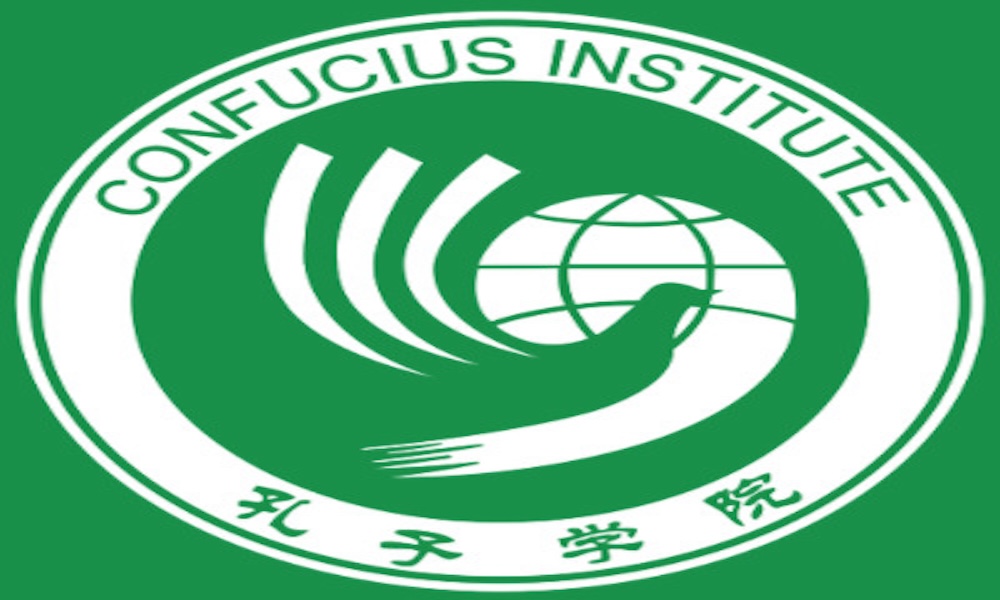Is It Time For A Reality Check On Seattle’s Future World Predictions From 2016?
Facebook Twitter Flipboard “Trying to predict the future is humbling, but even when we know we’ll probably be wildly wrong, it fodder for good conversation” was the subtitle of a Seattle Magazine article from 2016. The specific fodder for a good conversation was presented in “Seattle’s Future World: Our Crystal Ball Predictions, Part 1”, […]

“Trying to predict the future is humbling, but even when we know we’ll probably be wildly wrong, it fodder for good conversation” was the subtitle of a Seattle Magazine article from 2016. The specific fodder for a good conversation was presented in “Seattle’s Future World: Our Crystal Ball Predictions, Part 1”, indicating this was to be the first in a series of wildly wrong predictions. Who could have known that the Confucius Institute would one day have people signing praises for it as a respected educational bureaucracy in Washington State?
This PBS prophet admits, “Most of our crystal balls are a little cracked. Which only makes the future more existing”. The Seattle Magazine staff acknowledged they were humbled by their bumbling efforts but still appeared to be a little angry that nobody took their ‘Crystal Ball Predictions’ seriously. The ‘highest education officials’ had been so excited about the business opportunities for the University of Washington from a partnership agreement with the Chinese Communist Party.
These were not dumb people. If you agree with remarks in a Professionals in International Education (PIE) blog post that supplies quotes from an NPR ‘World Report’ to help establish their credibility.
Those astute predictions weren’t the result of a defect in crystal balls. The new-age prognosticators had simply been reading from a well-worn script, which had them re-experiencing their 1960s lifestyle choices. Cultural Marxists used this to grant themselves redemption for their own failures as savvy entrepreneurs for the NWO.
Much like their fellow travelers at Seattle’s Crosscut magazine, a highly educated journalist spent considerable time pontificating on the various mythologies created by the white settlers who had colonized the region before building the school buildings they now inhabit.
Although Crosscut magazine was only created in 2007, its scholars seemed to have real problems with the marauders that had invaded the quiet little village they had built on Puget Sound. These kindly thought leaders had real concerns about the acute mental health issues that outsiders had brought to their pristine environment. These were particularly those that challenged the ‘Settled Science’ embraced by the high priests at the House of Welcome, a faux longhouse built at Evergreen State College as a gathering place for people of all cultures, as defined by government-enforced DEI policy mandates crafted by Progressive thinkers.
Seattle’s Crosscut magazine is now known as the Cascade PBS newsroom, where KCTS9 and Crosscut had come together to provide the same type of investigative journalism and news reporting expected by local political bosses. Which they still refer to as providing a vital public service for their dedicated viewers and readers.
Cascade PBS Ideas Festival will now provide its unique version of the history of democracy and its quality insights in the upcoming 2024 Presidential election. It will probably not contain factual information about the political contrast between the Republican candidate, Donald Trump, and Democrat Joe Biden. Because our PBS Story-Tellers must continue their censorship of all things related to the Big Green agenda until after the next UN COP meeting.
It would be devastating if university professors and NGO consultants learned that the US Government Accountability Office had cut off funding for their friends at the Confucius Institute. That would make it difficult to explain why most American universities had closed them down. Still, a few continued to maintain their educational partnerships with a perceived enemy of the United States of America.
True to form, the narrative was changed to protect the feelings of cultural attaches at the United Nations and their bosses at the World Economic Forum. This was a performance issue and nothing more. It shouldn’t be left in the hands of those amateurs in Congress. Star power is essential to social scientists.
When discussing competing styles within PBS circles, the honest debate will focus on contrasting the proven singing talents of artists like the Palestinian-Chilean Elyanna and a new player known as Alira. Who is rumored to be Sheikha Ali Rashed Ali Saeed Al Maktoum, one of the leaders of the last COP 28 meeting in Dubai, attended by 85,000 fervent climate change activists?
Not since the Gong Show have sports fans, defense contractors, and pharmaceutical salesmen shown such interest in the performing arts. American voters may not have the same interest in mind or even believe in these renowned experts in green schemes.
So how could anyone expect Seattle’s PBS soothsayers to have foreseen the arrival of these two brilliant stars after gazing at their cracked crystal balls for so long?
